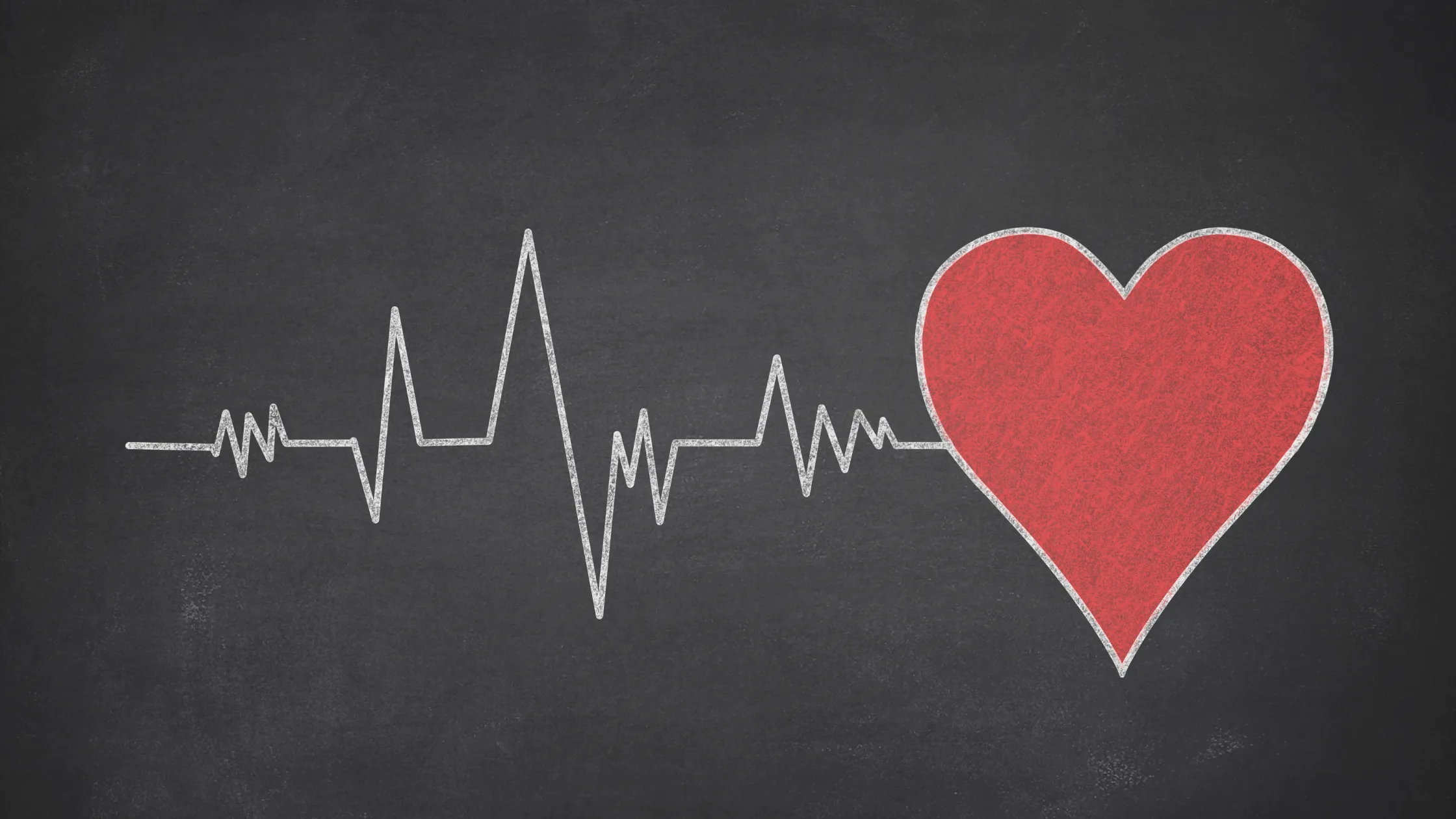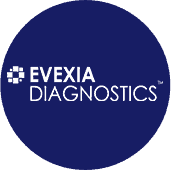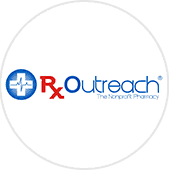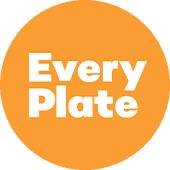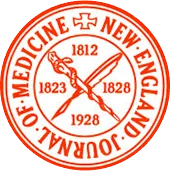Heart disease is increasingly common — but fortunately, there are some actions you can take to reduce your risk of developing a condition.
February is American Heart Month, a period dedicated to raising awareness about heart disease. According to the Centers for Disease Control and Prevention (CDC), heart disease is the leading cause of death in the United States, accounting for 1 in every 4 deaths.
While heart disease can be fatal, there are ways to manage these conditions. It’s also possible to prevent heart disease by taking certain steps to improve your lifestyle and manage your health.
Types and symptoms of heart disease
Heart disease is a broad term that refers to multiple conditions that can affect the heart. Each type of heart disease has its own set of common symptoms.
If you suspect you have a heart condition, talk to your doctor immediately, even if you’re not sure what kind of disease you might have.
Arrhythmias
Arrhythmias are abnormal heart rhythms. If you have an arrhythmia, your heartbeat might be too fast or too slow.
Common symptoms of arrhythmia include:
- lightheadedness
- “fluttering” heart
- racing heartbeat
- slow pulse
- fainting spells
- dizziness
- chest pain
Atherosclerosis
Also referred to as a hardening of the arteries, atherosclerosis reduces blood supply to your extremities.
Common symptoms of atherosclerosis include:
- chest pain
- shortness of breath
- feeling cold or numb, especially in the limbs
- unusual or unexplained pain
- weakness, especially in the limbs
Congenital heart defects
Congenital heart defects don’t develop over time; rather, it’s a condition you’re born with.
Common symptoms of congenital heart defects include:
- fatigue
- blue-tinged skin
- swelling of the extremities
- shortness of breath
- fatigue
- irregular heart rhythm
Coronary artery disease (CAD)
Also called ischemic heart disease, CAD is caused by plaque buildup in the arteries. This plaque buildup means that blood will struggle to reach your heart and lungs.
Common symptoms of CAD include:
- chest pain
- pressure in the chest
- shortness of breath
- nausea
- feelings of indigestion and bloating
Cardiomyopathy
Cardiomyopathy causes heart muscles to grow larger and turn rigid or weak.
Symptoms of cardiomyopathy include:
- fatigue
- shortness of breath
- bloating
- swelling in the legs, especially ankles and feet
- rapid pulse
Heart infections
Heart infections can be caused by bacteria, viruses, or parasites. Conditions like endocarditis and myocarditis are types of heart infections.
Symptoms of a heart infection include:
- chest pain
- congestion in the chest
- coughing
- fever
- skin rash
Hypertensive heart disease
Hypertension, also known as high blood pressure, makes your heart work harder. This can cause conditions like:
- coronary artery disease (CAD), where your arteries become narrower
- left ventricular hypertrophy (LVH), a thickening of the heart muscles
- heart failure
CAD and LVH can cause one another. They can also lead to:
- arrhythmia
- cardiac arrest
- heart failure
- heart attack
- stroke
How to prevent heart disease
Although some heart diseases, like congenital heart defects, can’t be prevented, there are certain steps you can take to reduce your chances of developing a heart condition.
According to the CDC, risk factors for heart disease include:
- high blood pressure
- high cholesterol and low levels of high-density lipoprotein (HDL), the “good” cholesterol
- smoking
- physical inactivity
Leading a healthier lifestyle, in general, is a good way to prevent and manage heart conditions. If you currently lead an unhealthy lifestyle, you might benefit from making small, sustainable changes.
Here at Knew Health, we offer free Health Coaching to our Members. A Health Coach is a great person to chat to if you’d like to make a positive lifestyle change, as they can provide support, encouragement, and accountability.
Manage blood pressure and cholesterol levels
Firstly, high blood pressure and cholesterol can worsen the condition of your heart. Regular check-ups are essential for keeping tabs on your blood pressure and cholesterol.
If you do have high blood pressure and/or cholesterol levels, talk to your doctor about management strategies. A healthy, low-salt diet, frequent exercise, and reducing stress can help.
Manage stress
It’s no secret that stress takes its toll on your mental and physical health. Your heart health is no exception to the rule: chronic stress can increase your chances of developing cardiovascular issues.
Stress management can include:
- Cutting down on unnecessary commitments
- Finding a healthy way to blow off steam, like journaling or exercise
- Engaging in fun hobbies
- Getting enough sleep
- Meditating and engaging in other relaxing activities
- Going to therapy, if possible
Quit smoking
Cigarettes aren’t just bad for your lungs — they can also affect your heart. Nicotine causes blood vessels to constrict, which makes it harder for oxygenated blood to circulate.
If you’re finding it difficult to stop smoking, talk to your doctor. Our Health Coaching services can also provide you with some encouragement and accountability.
Exercise
Exercise has numerous benefits for your mental and physical health. If you already have a heart condition, it’s essential to talk to your doctor before trying an exercise routine. They will be able to advise you on exercising effectively and safely.
When it comes to exercise, you’ll want to opt for something sustainable. Instead of attempting to run a few miles without prior experience, start slowly. Try exercises that feel fun and exciting to you, whether it’s walking, swimming, dancing, or an aerobics class.
You can also try to inject more physical activity into your day by doing fun activities like gardening or geocaching.
In addition to our Health Coaching services, we offer our Members discounts on quality supplements and free fitness resources to help them lead healthier lifestyles.
Diagnosing heart disease
If you suspect you have a heart condition, speak with your doctor. You’ll need to describe your symptoms, personal medical history, and family’s medical history.
There are many ways to test for heart conditions, although it’s unlikely that your doctor will require all. These tests include:
- Blood tests, including cholesterol tests
- An electrocardiogram (ECG or EKG) test
- Echocardiogram
- Stress test
- Carotid ultrasound
- Holter monitor
- CT scan
- Heart MRI
One or more of these tests will help your doctor make a diagnosis.
Sadly, many people put off seeking medical help because of the costs of these tests and consultations. We encourage our Knew Health Members to take advantage of our perks and services, such as discounted lab work, health coaching, bill negotiation, and our medical cost sharing model, which can mitigate some of these costs.
While seeking medical help can be anxiety-inducing, it’s essential to be proactive and seek a diagnosis as soon as possible. It may just save your life.
Treating heart disease
Heart disease is incurable, but certain lifestyle changes can improve your quality of life and longevity. Depending on your condition, it’s possible to live a long life with heart disease, as long as you receive quality medical care and take care of your health.
Your doctor might prescribe lifestyle changes, medication, and in some cases, surgery.
Unfortunately, accessing quality medical care comes at a price. Knew Health can help mitigate those costs through our medical cost sharing model. We also offer bill negotiation and second opinion services, which can help you get quality care at a fraction of the cost.
Resources
- About heart disease. (2022). https://theheartfoundation.org/about-heart-disease-2/
- Cardiovascular disease and diabetes. (2018).
heart.org/HEARTORG/Conditions/More/Diabetes/WhyDiabetesMatters/Cardiovascular-Disease-Diabetes_UCM_313865_Article.jsp - Coronary heart disease. (n.d.).
nhlbi.nih.gov/health-topics/coronary-heart-disease - Heart disease facts. (2017).
cdc.gov/heartdisease/facts.htm - How high blood pressure can lead to a heart attack. (2017).
heart.org/HEARTORG/Conditions/HighBloodPressure/LearnHowHBPHarmsYourHealth/How-High-Blood-Pressure-Can-Lead-to-a-Heart-Attack_UCM_301823_Article.jsp - Make a commitment to your heart. (2016).
nhlbi.nih.gov/health/educational/hearttruth/ - Mayo Clinic Staff. (2018). Heart disease.
mayoclinic.org/diseases-conditions/heart-disease/symptoms-causes/syc-20353118 - Physical activity and health. (2018).
cdc.gov/physicalactivity/basics/pa-health/index.htm - Risk factors. (n.d.).
world-heart-federation.org/resources/risk-factors/ - What is heart disease? (2017).
nhlbi.nih.gov/health/educational/hearttruth/lower-risk/what-is-heart-disease.htm
Disclaimer: This information is being provided to you for educational and informational purposes only. It is being provided to educate you about how to take care of your body and as a self-help tool for your own use so that you can reach your own health goals. It is not intended to treat or cure any specific illness and is not to replace the guidance provided by your own medical practitioner. This information is to be used at your own risk based on your own judgment. If you suspect you have a medical problem, we urge you to take appropriate action by seeking medical attention.
